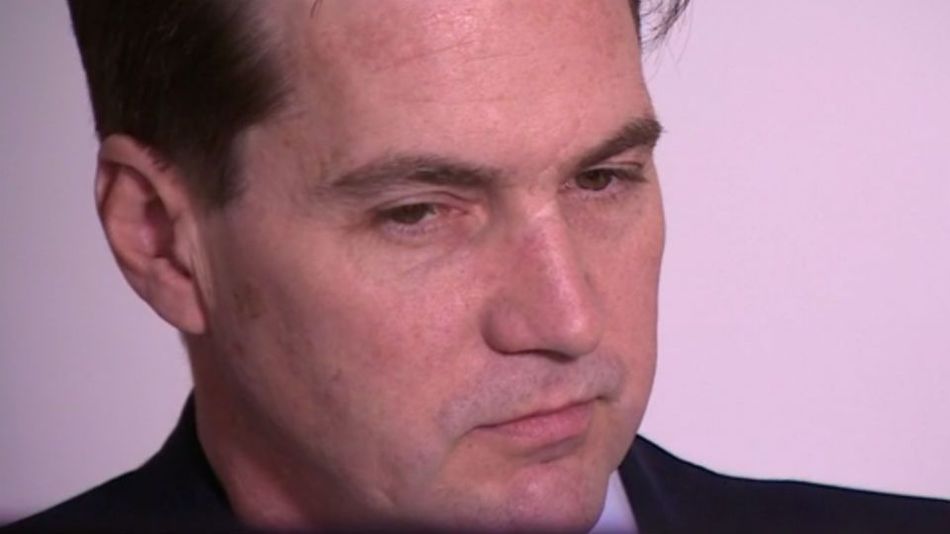
UK Court Conclusively Rules Craig Wright Lied About Being Bitcoin Creator Satoshi Nakamoto
The United Kingdom High Court has delivered a decisive ruling in the case brought by the Crypto Open Patent Alliance (COPA) against Craig Wright, the Australian computer scientist who has long claimed to be Satoshi Nakamoto, the pseudonymous creator of Bitcoin. According to a written judgment by Justice James Mellor, Wright lied “extensively and repeatedly” in his efforts to substantiate his claim, forging documents and providing false evidence on a grand scale.
The case, which has been closely watched by the cryptocurrency community, culminated in a ruling that categorically rejected Wright’s assertions of being Nakamoto. Justice Mellor, in his detailed judgment, stated that Wright’s evidence was at best “questionable” and at worst, entirely fabricated. He highlighted Wright’s “clumsy… fabrications” and the use of forged documents that featured anachronistic details such as fonts that did not exist at the time the documents were purportedly created.
The judge’s findings were unequivocal. “Dr. Wright is not the person who adopted or operated under the pseudonym Satoshi Nakamoto in the period 2008 to 2011. He is not the person who created the Bitcoin System. And he is not the author of the initial versions of the Bitcoin software,” Mellor declared.
COPA, which includes notable backers like Twitter founder Jack Dorsey and cryptocurrency exchange Coinbase, initiated the lawsuit in February 2021 to protect the open-source community from Wright’s litigious efforts. Wright had been pursuing various legal actions against Bitcoin developers and other parties, claiming intellectual property rights over Bitcoin’s whitepaper and code.
The judgment has significant implications for the cryptocurrency industry. By preventing Wright from continuing his lawsuits based on the false premise of being Satoshi, the ruling allows developers to work on the Bitcoin network without the looming threat of costly litigation. A COPA spokesperson described the decision as a “watershed moment” for the open-source community, emphasizing that it is a definitive win for the truth and for the developers who can now continue their work without fear of harassment.
The court’s findings have not only debunked Wright’s claims but also imposed legal and financial repercussions. In March, ahead of the final judgment, Justice Mellor had already imposed a worldwide freezing order on £6 million ($7.6 million) of Wright’s assets to prevent him from evading potential cost orders from the trial. COPA’s legal costs alone were estimated at £6.7 million at that time.
The court is also considering seeking perjury charges against Wright for the false statements made during the trial. This potential move underscores the gravity of Wright’s attempts to mislead the court and the broader public.
While the UK judgment is comprehensive and damaging to Wright’s credibility, it does not entirely preclude him from pursuing similar claims in other jurisdictions. The principles of copyright are generally harmonized internationally, but each country’s courts would need to address the claims based on their legal frameworks. However, the persuasive nature of the UK ruling is likely to influence other courts considering Wright’s claims.
Wright’s aggressive legal strategies have already shown signs of unraveling. Following the initial March judgment, he abandoned multiple lawsuits connected to his claim of being Satoshi. These included an appeal in Norway against crypto influencer Magnus Granath and another lawsuit in which his company, Tulip Trading, accused Bitcoin developers of violating fiduciary duties.





